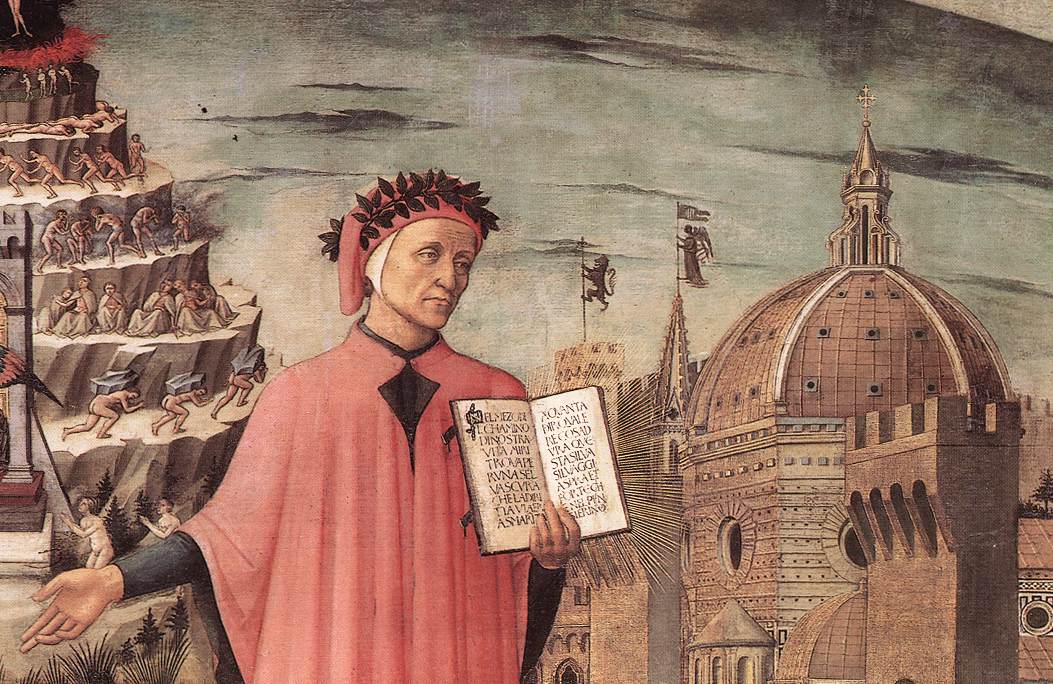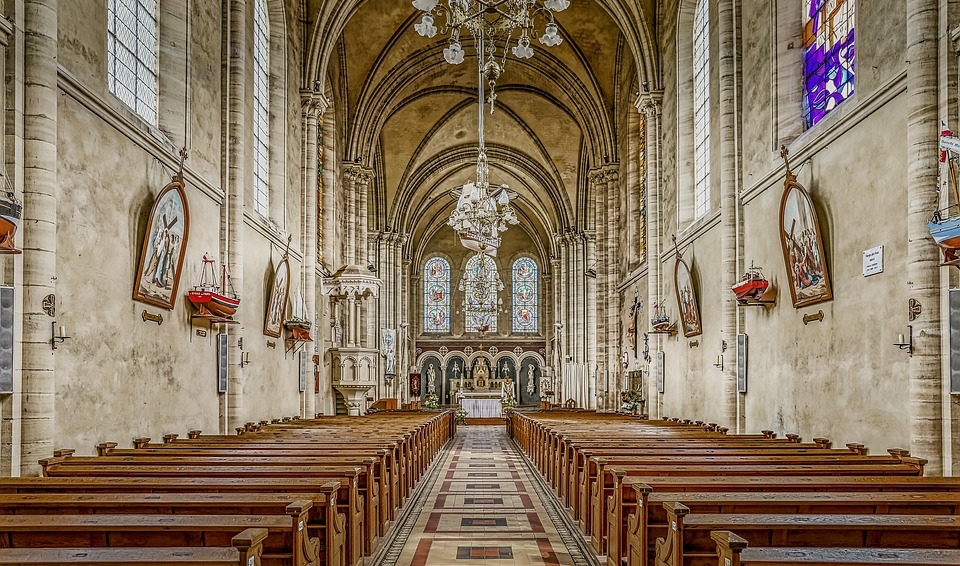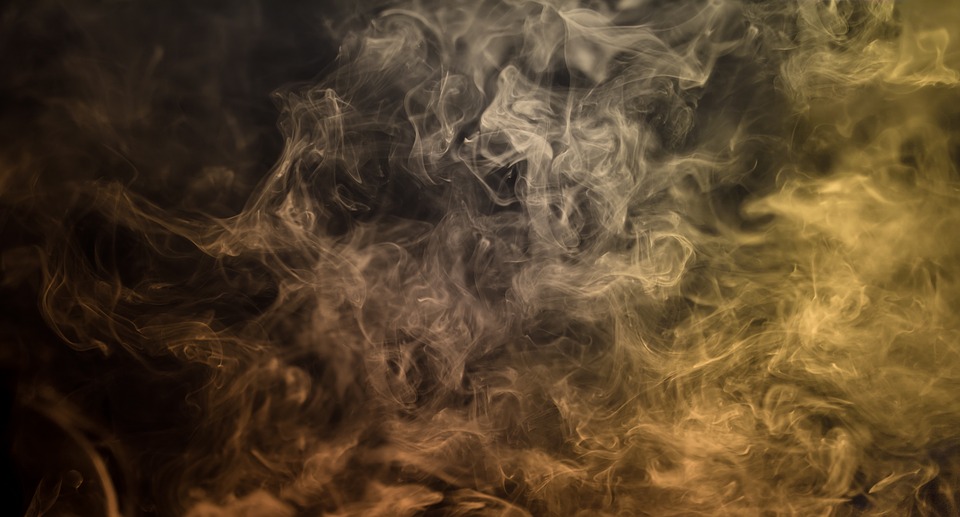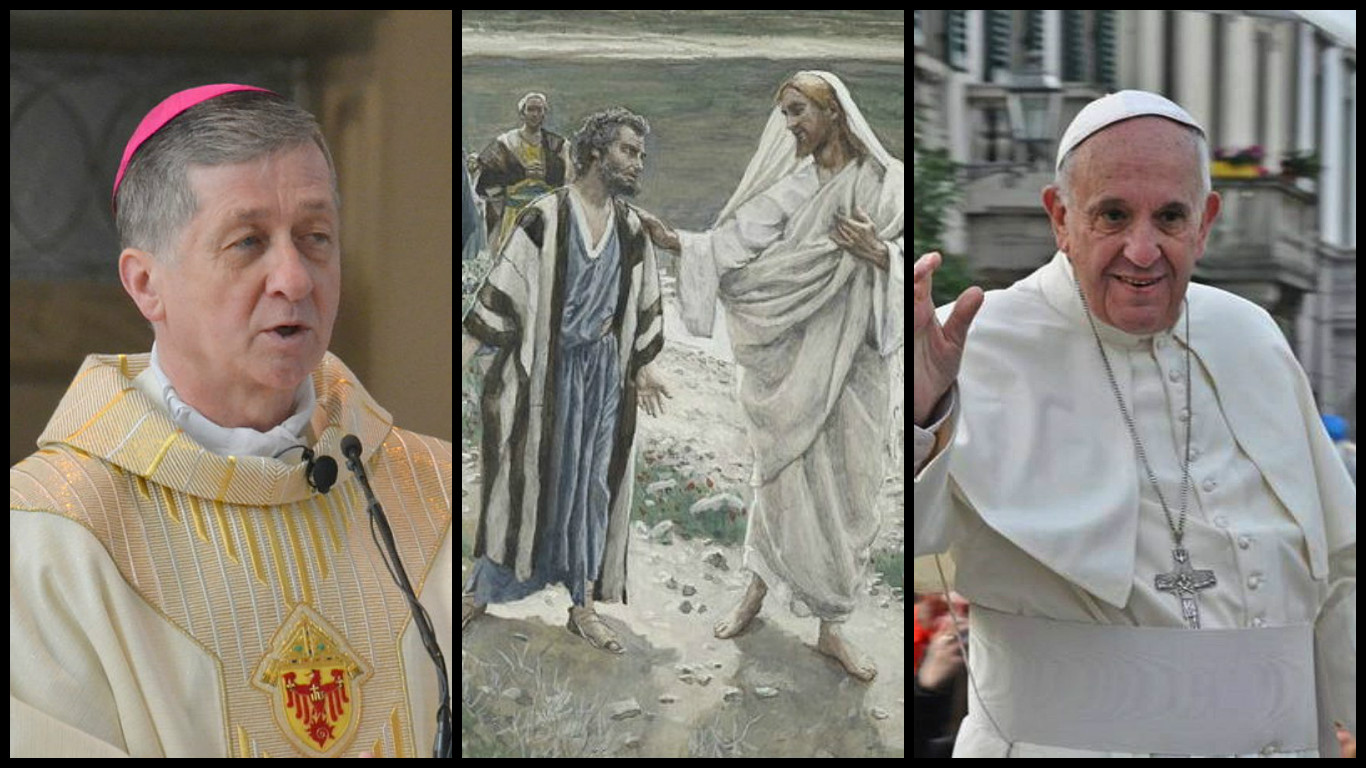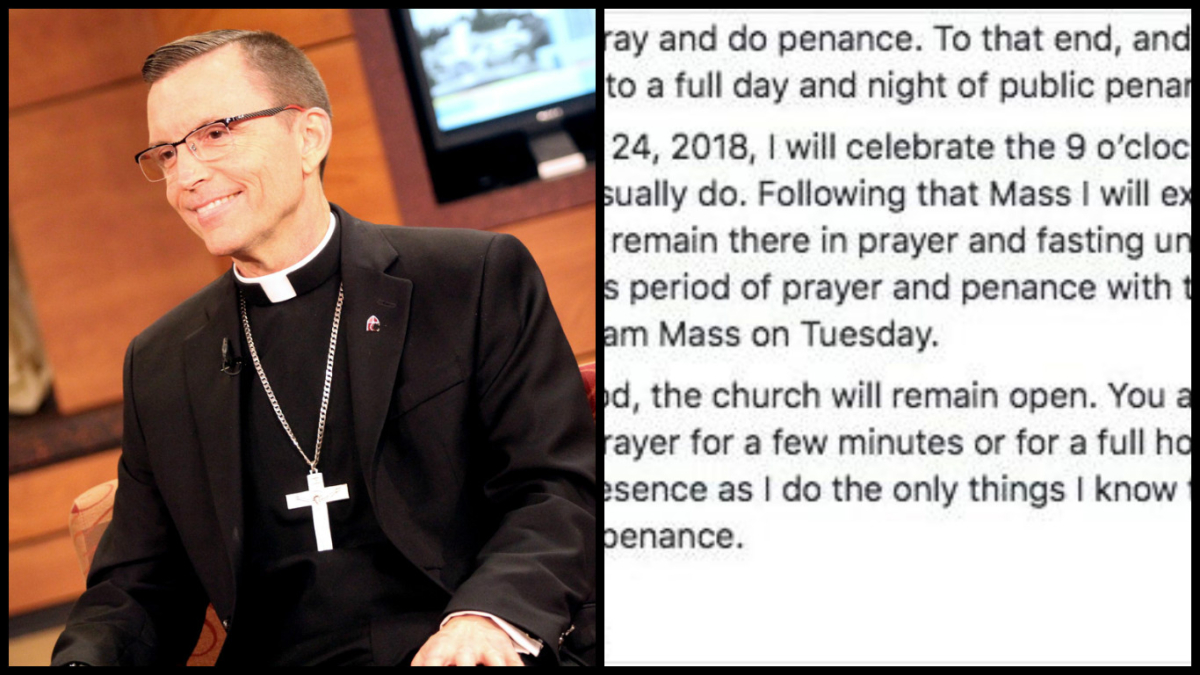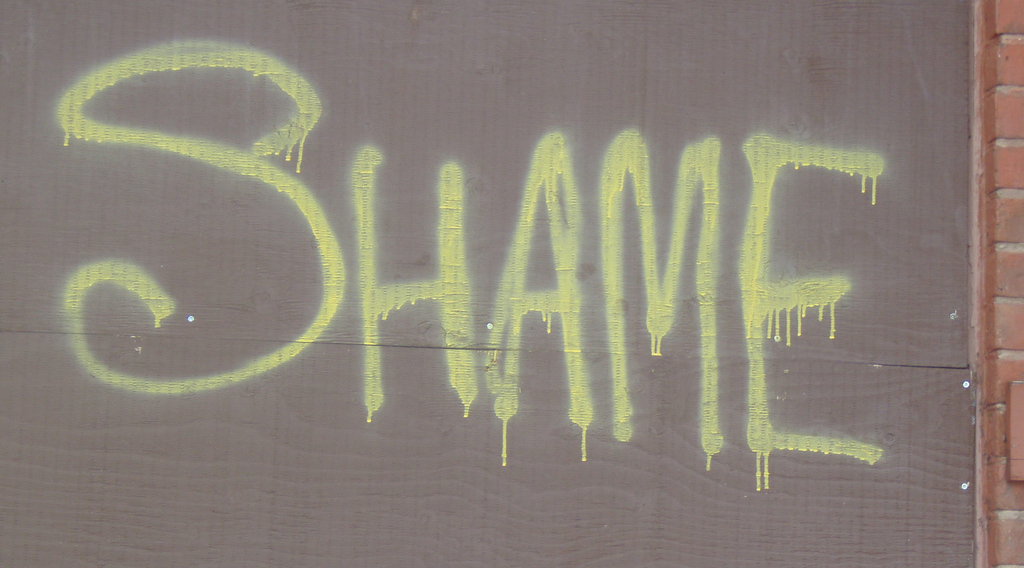Sex Abuse
‘Shut up,’ they said; British MP’s vote against gangrape inquiry
So, British MPs have voted against making a national inquiry into grooming gangs, in a 364-111 vote. Man, when the “ruling class” of public servants don’t want something discussed, they really let us know about it. Big shots in England, who have no problem discussing American issues of governance, and Read more…

